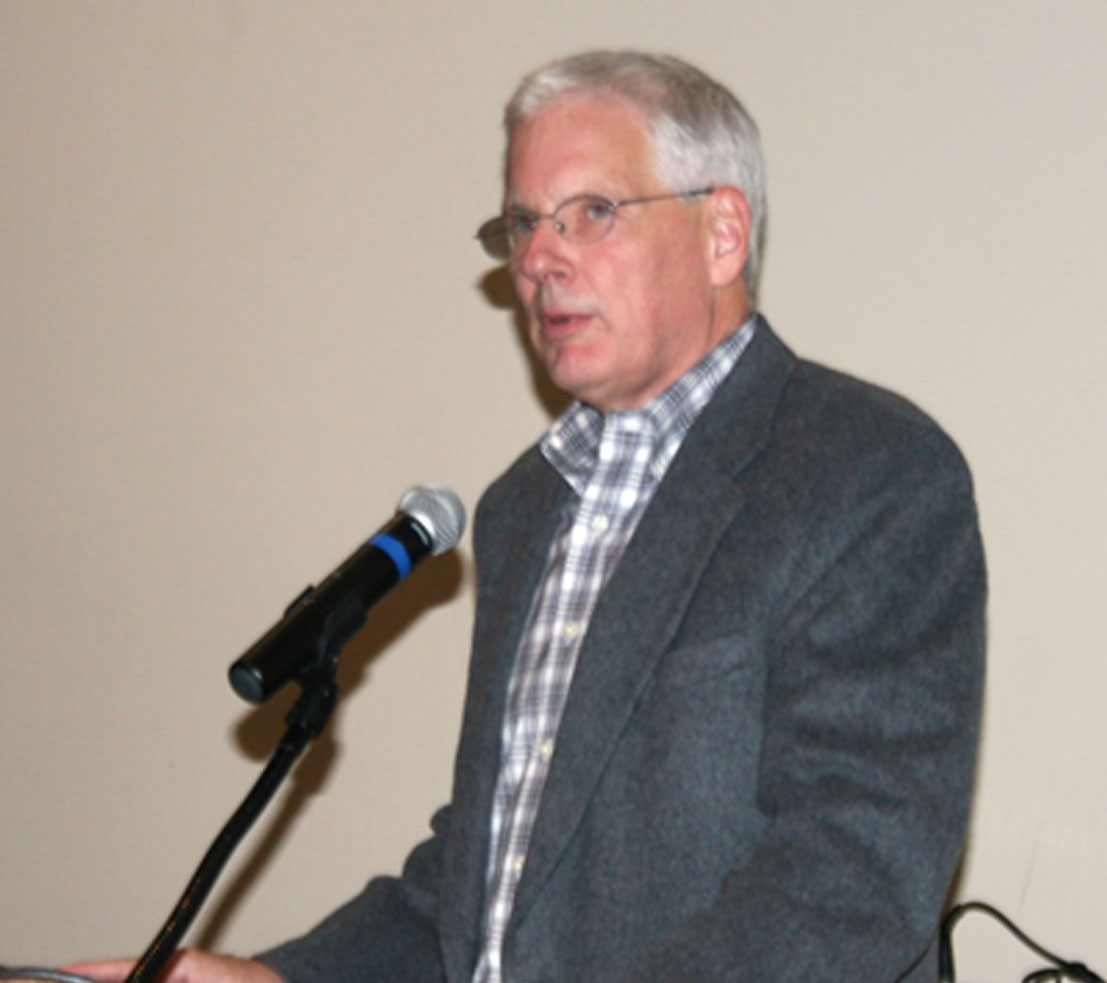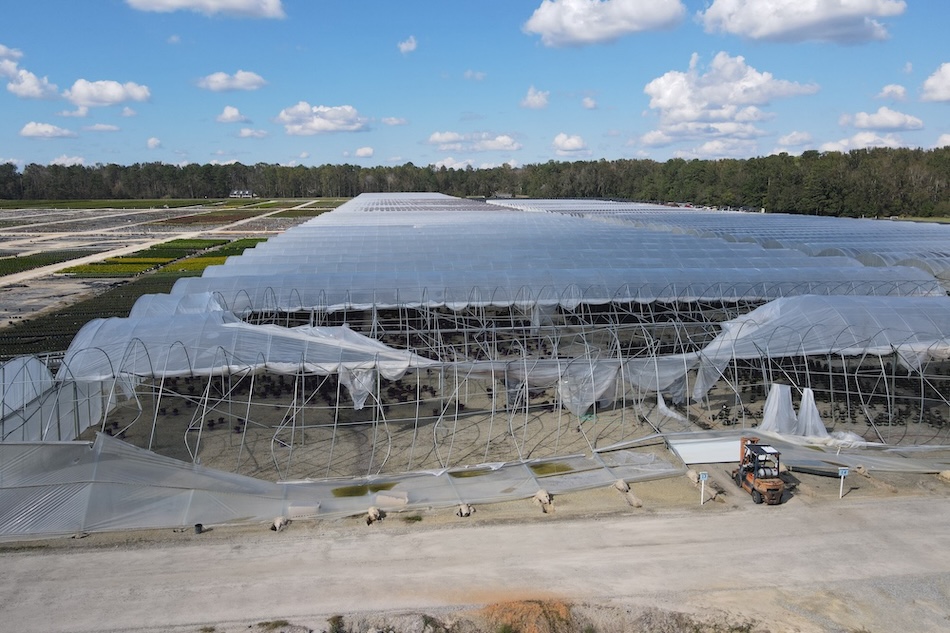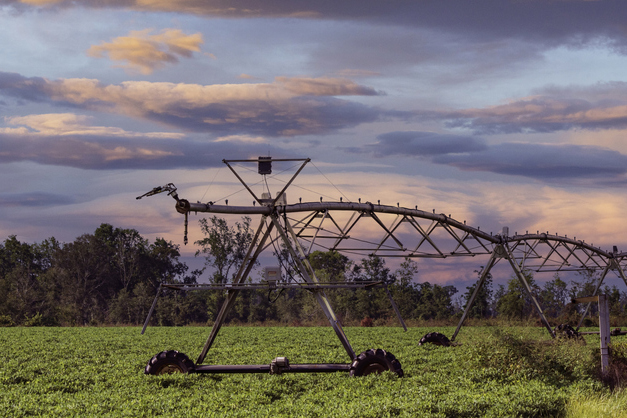The University of Georgia’s agricultural college is eyeing a more prosperous future.
Scott Angle, dean and director of the College of Agricultural and Environmental Sciences, shared his optimism at last week’s CAES Advisory Council meeting at the Tifton Campus Conference Center. Speaking to the council members, Angle talked about the struggles the college endured through the recent recession but countered with the opportunities those trials have provided.
“We’ve gone through a very difficult five years, the whole state has, the country has,” Angle said. “For us, it’s actually turned out to be an opportunity. It has caused us to rethink what we do, why we do it, who’s going to do it.
“Recessions are always difficult but they also lead to refocusing and improvement in any organization, whether it’s a private business or state agency,” Angle added.
Judging by job losses, the CAES felt the economic pinch. More than 400 employee positions were cut during the past five years, including 60 to 70 faculty members. However, as the economy has improved in recent months, CAES has reinstated some positions on its Athens, Tifton and Griffin campuses.
“There are some phenomenal people looking for jobs,” Angle said. “We’ve added some incredible new faculty and staff into our system over the last couple of years. I’ve never seen this quality of science (research) that we’re bringing in now, at any time in my career.”
Angle is encouraged by the appointment of Jere Morehead as UGA’s new president. Morehead began his presidential duties on July 1 and is slated to make an agricultural tour in South Georgia in September.
“The college of agriculture is important to the University of Georgia. About 20 percent of all of the productivity of the University of Georgia comes out of the college of ag,” Angle said. “President Morehead has made it clear that he understands agriculture is the largest industry in the state and one of the fastest growing industries in the world and that his job is to serve the citizens in the state of Georgia. That can be done by helping support the college of agriculture.”
Angle added that the CAES is ranked No. 4 in the country behind University of California-Davis, the University of Florida and Purdue University. If UGA is to remain one of the top agriculture schools in the country, it must improve its infrastructure.
“When you look at our infrastructure, it in no way reflects the quality of our science or our teaching or our Extension programs,” Angle said. “I’ve made as one of my major goals as the dean of the college to try to make sure I leave with an infrastructure that’s in better shape.”
CAES is responsible for more than 900 buildings and 17,000 acres of land across the state. For more about the college, go to www.caes.uga.edu.







.jpg)
